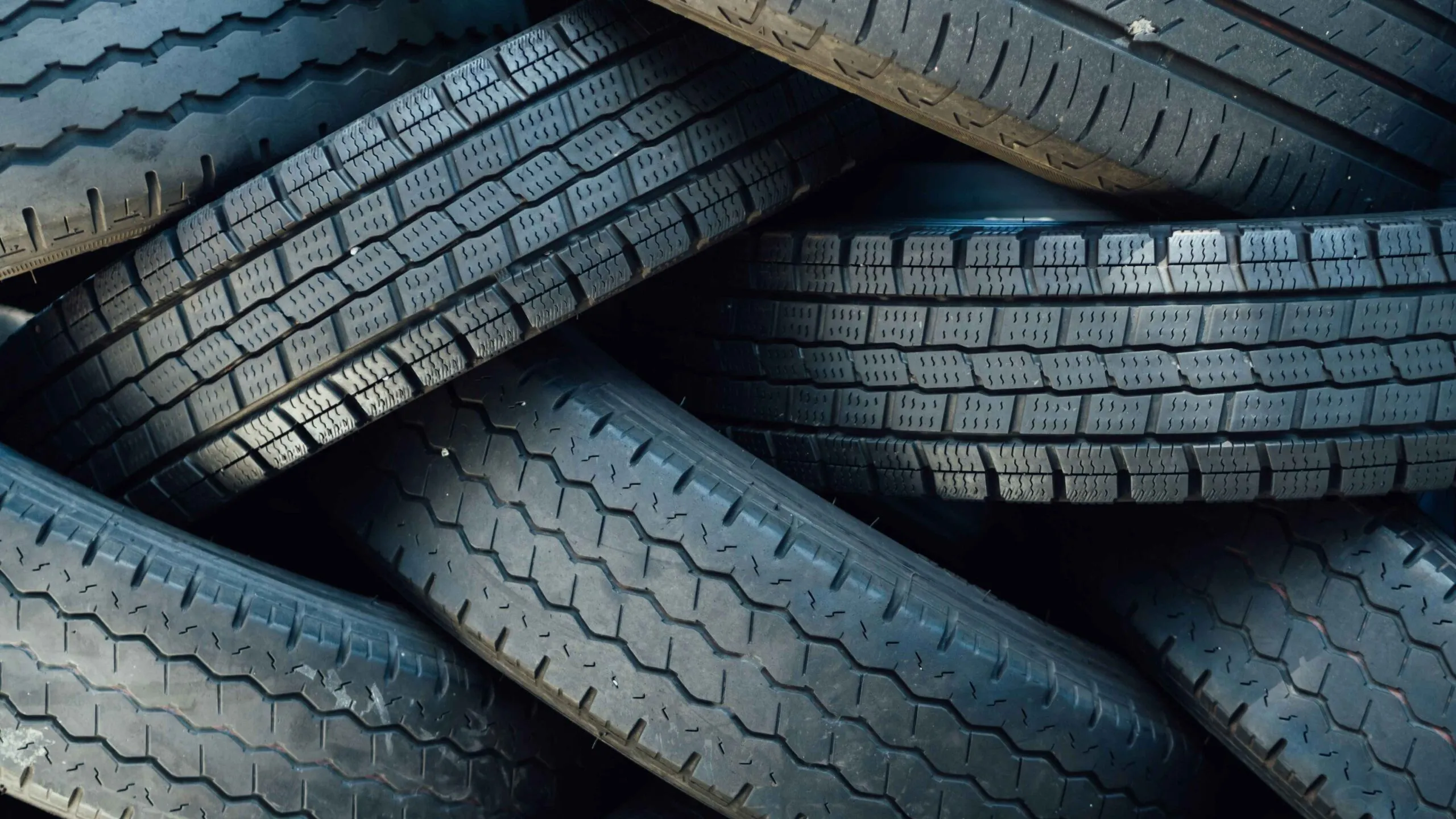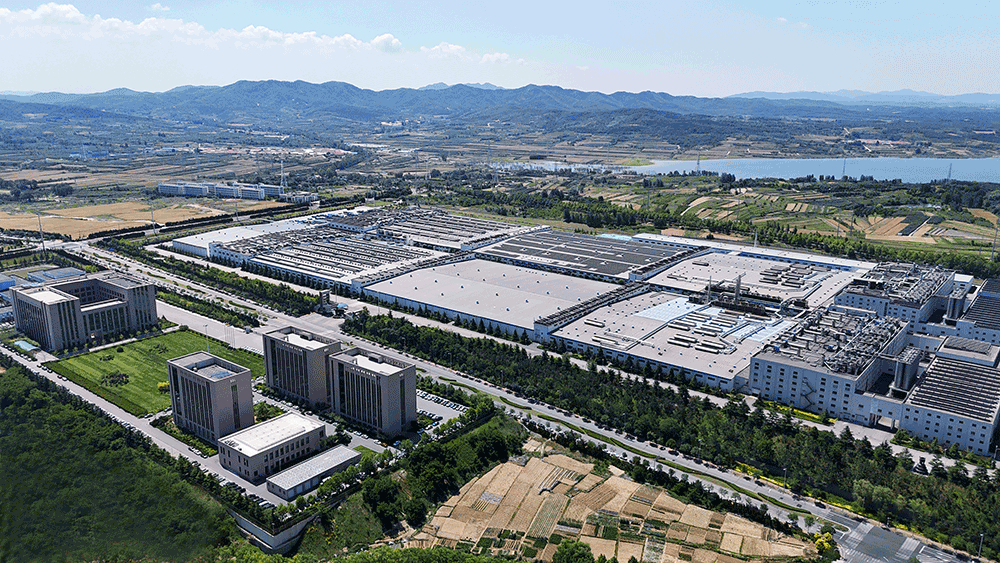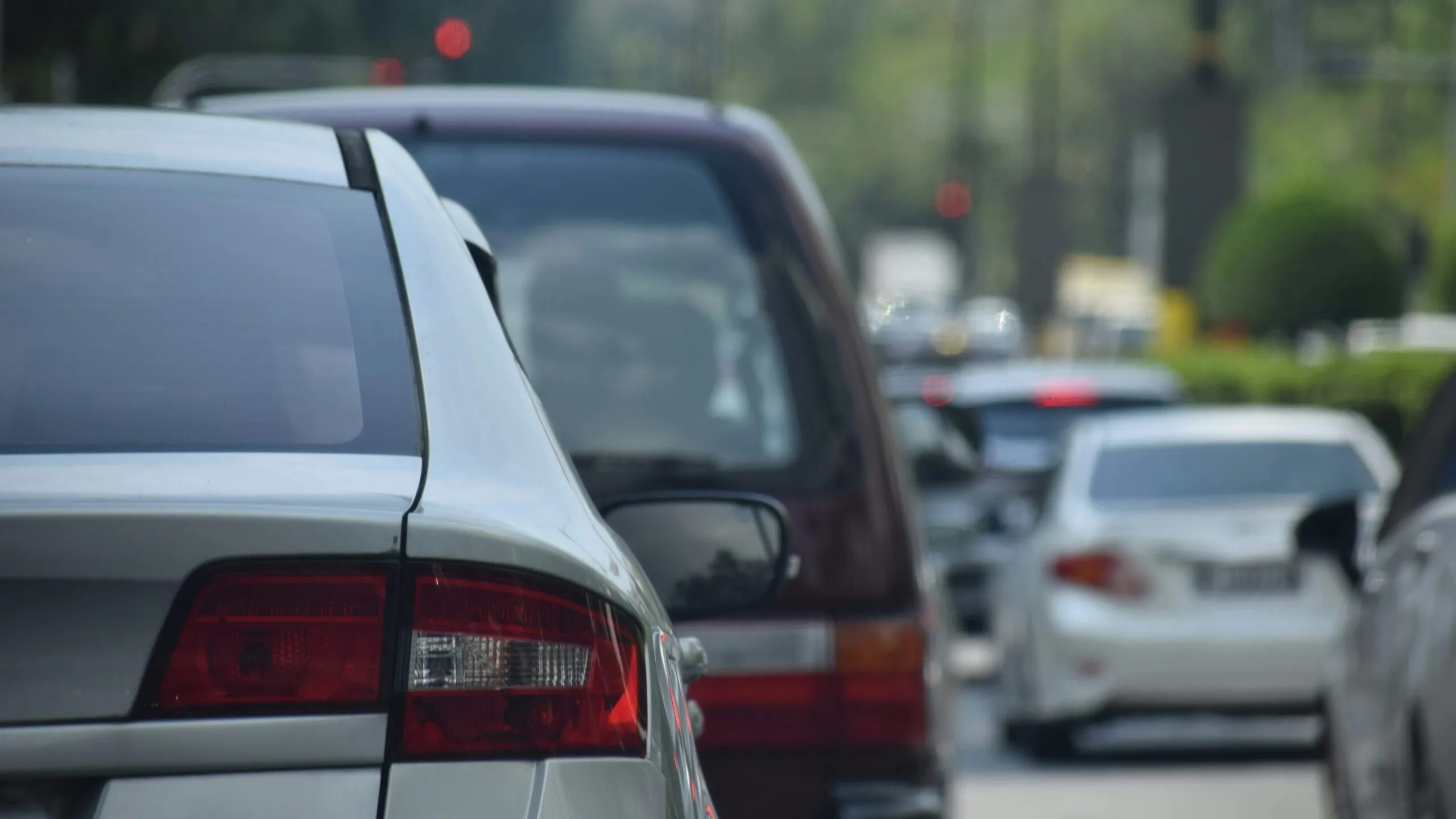MACC seizes 17,672 tyres and freezes RM70M in bank accounts during Ops Grip, targeting smuggling, unsafe imports, and tax evasion in Malaysia.
Most of the Tyres Came from “A Certain Country” – MACC Chief, Tan Sri Azam Baki
The Malaysian Anti-Corruption Commission (MACC) launched a crackdown on the tyre industry in late September 2025, targeting smuggling, unsafe imports, price manipulation, and tax evasion under an operation codenamed “Ops Grip”.
The investigation began with a complaint from an Italian tyre maker and comes amid rising tyre prices, which have surged between five and ten per cent in recent years, and have reportedly tripled since 2022, while safety concerns continue to mount.
According to MACC, the probe uncovered suspected irregularities involving counterfeit tyres and undeclared imports entering Malaysia. MACC chief Tan Sri Azam Baki confirmed that most of the tyres came from “a certain country”.
“I am not going to mention which country, but I can confirm that one of the affected countries is Italy,” he said, as quoted by New Straits Times.
The operation was carried out under a Multi-Agency Task Force (MATF), which also included the Inland Revenue Board, Bank Negara Malaysia, and the Customs Department. During the operation, the Task Force raided six warehouses and storage containers in the Klang Valley, Penang, and Johor.
At one location, a shop along Jalan Kebun, officers discovered tyres packed into 12 shipping containers stacked as high as four storeys. Behind the shop, they found another four containers along with a makeshift warehouse, all holding hundreds more tyres, some being sold for as little as RM85. The raids also extended to the offices of tyre importers, additional warehouses, and container storage facilities.
In total, from the six raided warehouses, a total of 17,672 tyres were seized. MACC had also frozen RM70 million in bank accounts connected with the investigation.
The Danger of Unsuitable Tyres and The Financial Losses
Investigators said the seized tyres had not been certified or approved for Malaysian road and climate conditions, therefore posing serious safety risks.
In hot, humid, or wet conditions, counterfeit tyres are more likely to lose grip, which increases the chances of skidding or hydroplaning. Then, tyres designed for cooler climates can overheat on scorching roads, sometimes failing suddenly at high speeds. They also tend to extend stopping distances, making it harder for drivers to maintain control, particularly during emergencies.
Unsuitable tyres also wear out faster and unevenly, forcing more frequent replacements and raising maintenance costs. Moreover, mismatched tyres can even increase rolling resistance, which, in turn, leads to higher fuel consumption.
For the Malaysian government, the financial losses are estimated to reach up to RM70 million annually due to leakages in import duty collections. This involves approximately 100,000 imported tyres per year, mainly for heavy vehicles, each priced at an average of RM1,600.
The losses were attributed to unpaid import duties of up to 40 per cent on tyres from outside AFTA (ASEAN Free Trade Area) countries, as well as the 10 per cent Sales and Service Tax (SST). It is estimated that as many as 300 containers of unsuitable tyres are marketed in Malaysia annually.
The MACC probe remains ongoing. While no arrests have been announced, the scale of seizures, frozen assets, and the involvement of multiple enforcement agencies indicate the seriousness of the situation and the response from the government.







